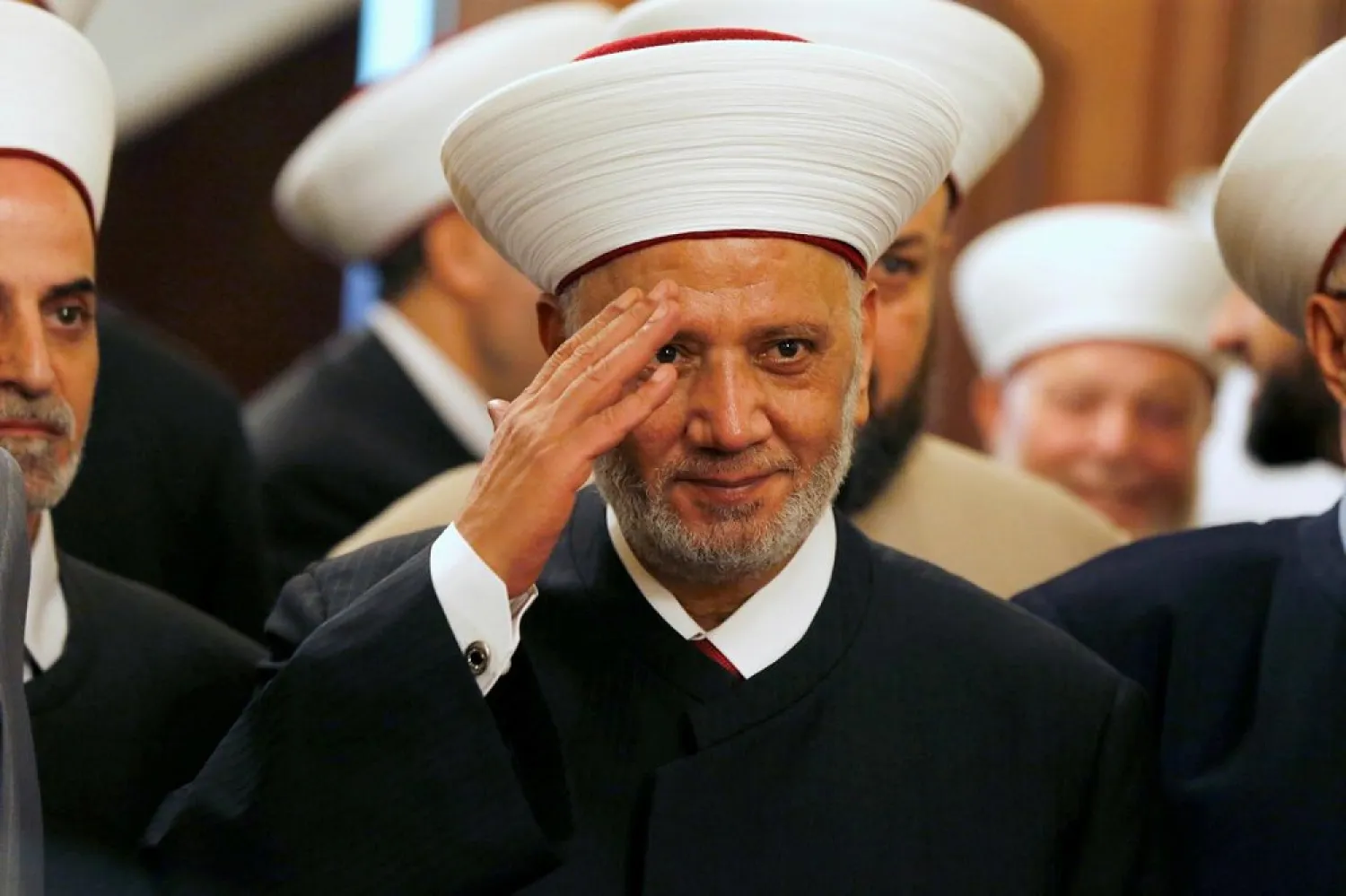Lebanon’s Grand Mufti Sheikh Abdul Latif Derian warned against a slide towards violence on Tuesday after a deadly Beirut shootout added to concerns about deteriorating law and order in a country grappling with a major economic crisis.
The crisis is seen as the biggest threat to Lebanon’s stability since its 1975-90 civil war.
One person was killed and two were wounded in the clash on Monday night in the Tariq al-Jadida neighborhood. The army said machine guns and rocket-propelled grenades were used in the confrontation which a military source said spiraled out of a personal dispute between individuals.
A gunfight also broke out on Monday in northern area of Lebanon, forcing the army to intervene. In another incident in the Bekaa Valley town of Baalbek, a man was killed in a revenge-driven killing, the National News Agency (NNA) reported.
The incidents, along with other deadly violence in the last month, reflect a breakdown in state authority, the military source said, adding: “There is no longer respect for the state.”
Derian told caretaker Interior Minister General Mohammed Fahmi that citizens must be “alert and wise and not be drawn into strife, as no dispute is solved with weapons”.
Lebanon’s economic crisis, caused by years of industrial-scale state corruption and mismanagement, has worsened hardship in the nation of about 6 million, as the currency has collapsed, driving up unemployment and plunging many into poverty.
The crisis forced the government to quit and Prime Minister-designate Mustapha Adib has yet to name a new cabinet, which he has said will be in place by mid-September, under pressure from France, which is leading an international push for reforms.









